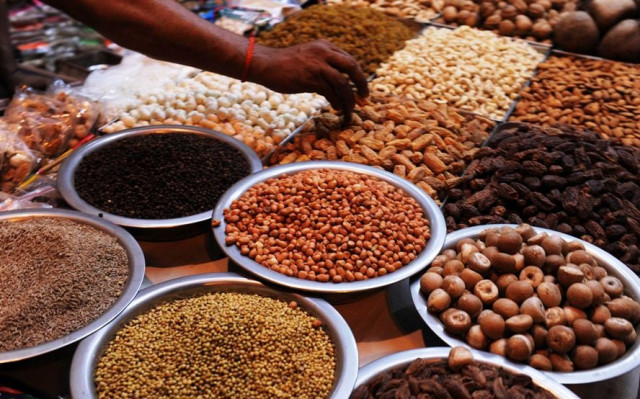Import of pulses up 60 per cent
After floods affected domestic crops of pulses, imports of the crop reached 269,000 tons from July-Dec 2010.

Import of pulses up 60 per cent
During the period, 269,000 tons of pulses were imported compared to 167,000 tons last year, data shows.
Last year, imports in six months cost $90.689 million while imports this year have amounted to $181.633 million. The largest purchase in a month was made in November 2010 costing $38.799 million, compared to $15.989 million in the corresponding month in the preceding year.
The unusually high imports in November can be attributed to a shortage of the commodity in the harvesting season which began in September, as well as rising demand due to sharper increases in prices of alternatives such as meat and chicken.
Pulses varieties – ‘moong’ and ‘lobia’ – have been affected the most by the recent floods throughout the country. Cultivation process is yet to start as most of the area has still not been rehabilitated and is not suitable for sowing.
According to market sources, prices of pulses have risen from Rs60 to Rs135 per kg. Consumers blamed the government for negligence and said that despite pulses being a cheaper alternative to meat, they are now unable to purchase the commodity as prices of nearly all varieties have doubled over the last two years.
Published in The Express Tribune, January 12th, 2011.



















COMMENTS
Comments are moderated and generally will be posted if they are on-topic and not abusive.
For more information, please see our Comments FAQ